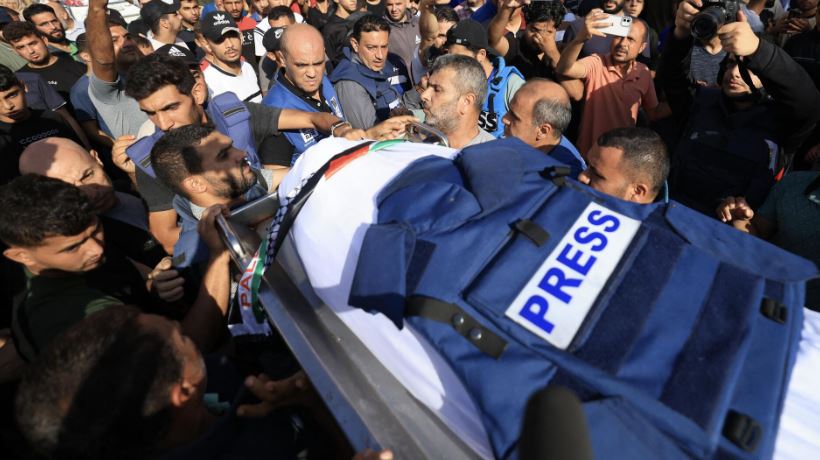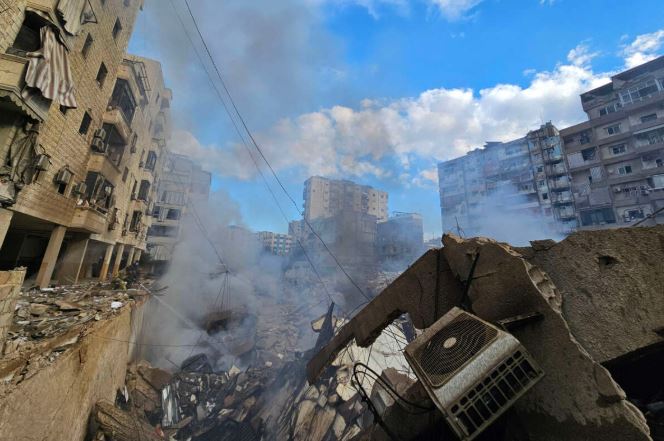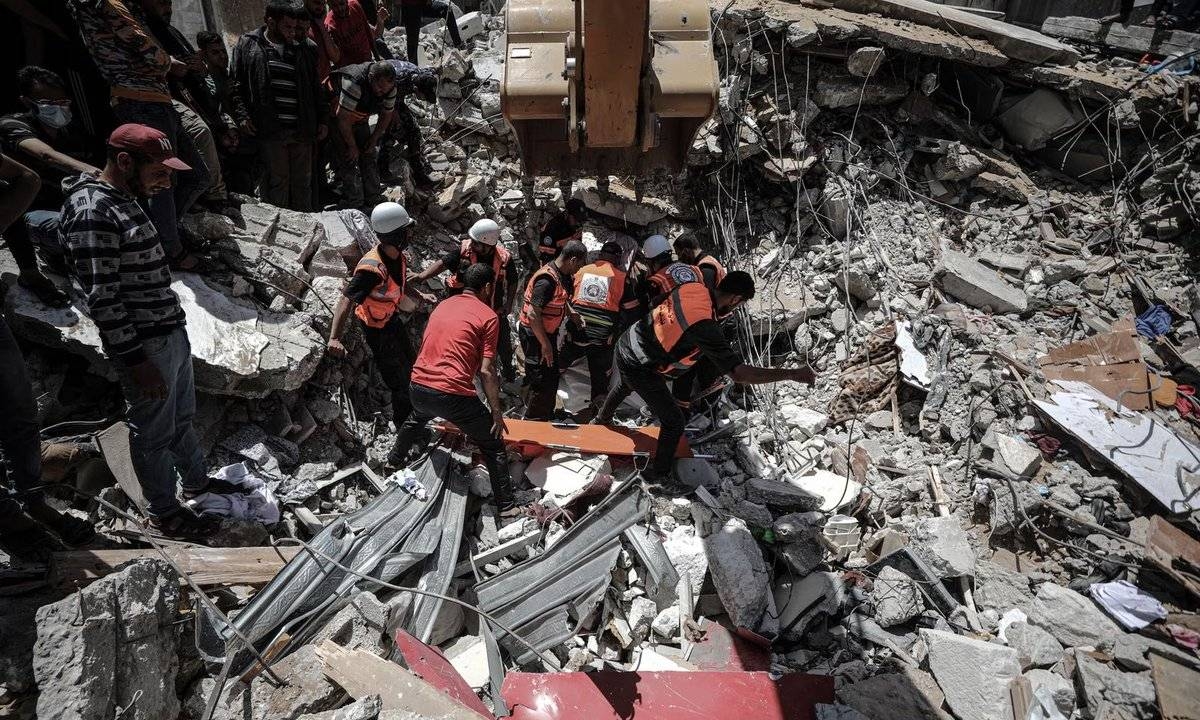Israel Fired on Journalists in Lebanon Just Hours After Ceasefire Began

Russia Expels Two German Journalists in Escalating Media Retaliation
November 27, 2024
Al‑Jazeera Reporter Talal Aruki Wounded in Gaza Blast
November 27, 2024November 27, 2024 – Israel –
Only hours into a ceasefire between Israel and Hezbollah, Israeli forces reportedly opened fire on a group of clearly identified journalists in the southern Lebanese town of Khiam. The incident occurred as reporters were documenting the Israeli military’s withdrawal operations and the civilian return to conflict-affected areas. The attack left at least two journalists injured, one working for the Associated Press and another for the Russian outlet Sputnik.
Eyewitnesses described the moment the ceasefire was shattered. Abdelkader Bay, one of the wounded journalists, recounted how gunfire erupted as they were filming near a civilian gathering. “Bullets were hitting the ground between my feet,” he said. The team had been operating in broad daylight, wearing marked press gear, with no indication of military activity around them. Another journalist, Ali Hachicho, confirmed that they had identified themselves as members of the media.
Lebanon’s National News Agency and the Syndicate of Lebanese Press Editors condemned the attack, calling it a violation of international norms and the first breach of the newly established ceasefire. Israeli officials responded by claiming that the shots were “warning fire,” asserting the journalists had entered a restricted military zone—an explanation dismissed by media personnel on the ground.
Human rights advocates and press freedom groups have condemned the shooting as an unacceptable and dangerous precedent. They argue that the targeting of journalists, particularly in a declared ceasefire, further erodes protections enshrined under international humanitarian law. The incident adds to growing concerns about the safety of media workers in the region, particularly amid ongoing tensions along the Israel-Lebanon border.
The attack in Khiam follows a pattern of escalating risks for journalists covering Middle East conflicts. It also comes amid wider allegations of systemic targeting of press crews in neighboring Gaza and Lebanon. While no fatalities were reported in this case, the implications are grave.
This breach of the ceasefire undermines not only the credibility of the truce but also the principle that journalists must be shielded from violence. Without accountability and adherence to international protections, reporting from frontline zones becomes increasingly perilous, even during peace.
Reference –




